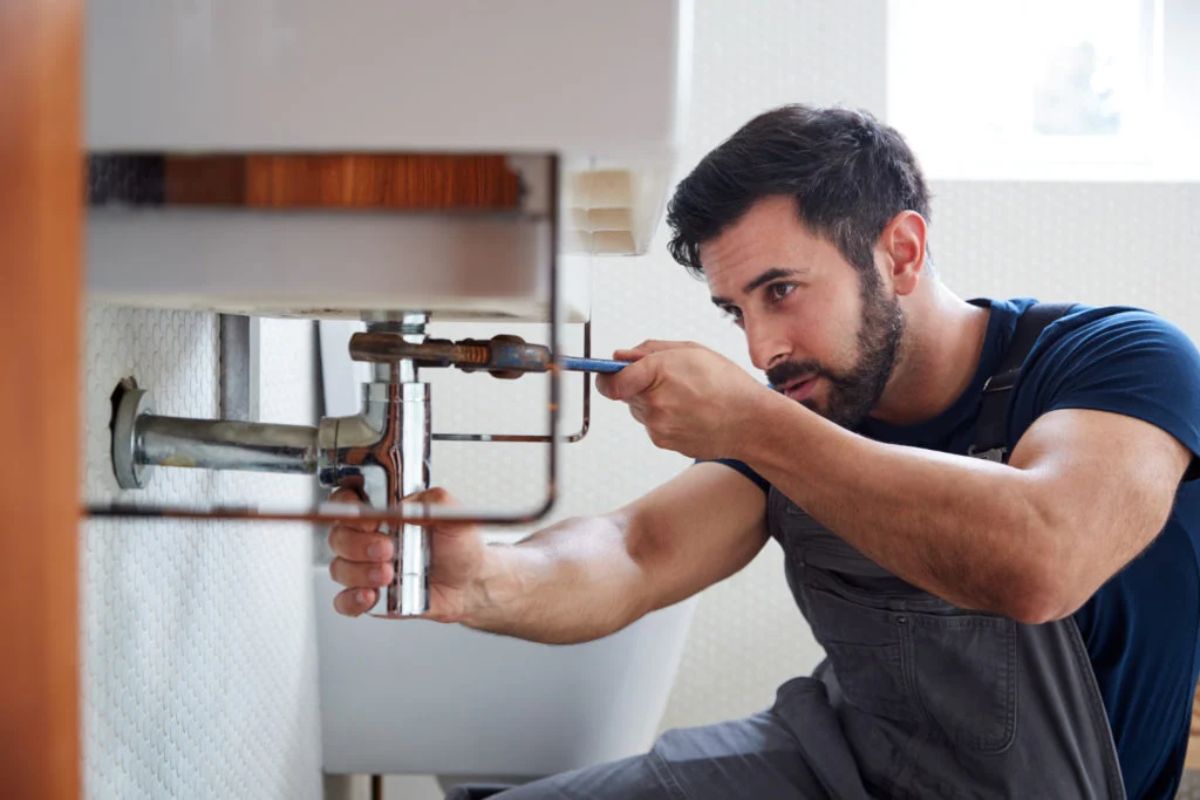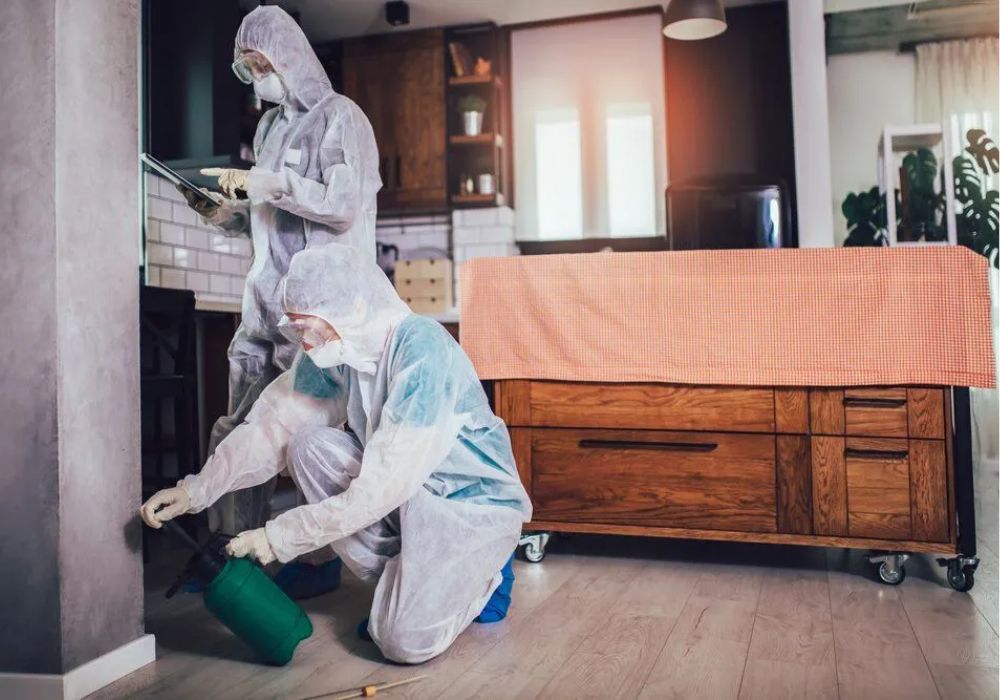If a rental property experiences a sewage backup, how long does the landlord have to remedy the issue? In this article, we will explore the typical required timeframe for a landlord to address and repair a sewage backup according to rental property laws and tenant rights.
How long does a landlord have to fix sewage backup?
Typically, landlords are required to address emergency repairs like sewage overflows within 24 to 72 hours. The precise time requirement may vary depending on state laws and the severity of the issue. Tenants should report problems in writing and keep documentation of all communication with their landlord.
What are a landlord's legal responsibilities for repairs?

Landlords are legally obligated under the implied warranty of habitability to maintain rental properties in a livable condition. This includes properly functioning sewer and plumbing systems. At a minimum, federal, state and local housing laws require landlords to make repairs needed to keep units safe, sanitary and hazard-free.
Related: Who To Call When Your Landlord Won't Fix Things?
How do state laws address repair timelines?
Individual state landlord-tenant acts specify repair requirements and timeframes. For example, in California landlords must take care of significant problems like sewage backups within a reasonable period, generally 24 to 72 hours. Tenants should look up their own state's regulations to understand repair obligations.
What if the landlord fails to make repairs?
If a landlord does not fix an issue within the legally required timeframe, tenants have options. With documentation, they can withhold rent until repairs through the "repair and deduct" method. As a last resort, tenants can report health code violations to local authorities or sue for breach of the warranty of habitability.
Can tenants be relocated during repairs?
If sewage damage renders a unit completely uninhabitable, tenants may request to temporarily relocate at the landlord's expense. State laws and lease terms determine these rights. Relocation provides an alternative living arrangement until repairs are finished.
What should tenants do before repairs are completed?
To limit health hazards and property damage while awaiting repairs, tenants should properly document issues, avoid contact with contaminated areas, and use temporary cleanup measures like disinfecting with vinegar and water. However, only permanent repairs by the landlord will fully resolve sewage problems.
Why is it important for tenants to clean after sewage backups?
Thorough cleaning is crucial after a sewage event, as sewage water often contains bacteria, viruses and other pathogens that can cause illnesses if exposed to. To protect public health, any areas impacted by sewage must be promptly and properly disinfected. Leaving contamination unaddressed may also further harm structures or possessions.
Conclusion
In conclusion, sewage backups create urgent repair situations that landlords are obligated by law to address within set timeframes. Tenants faced with unresolved issues have legal recourses and options for alternate housing depending on their location and lease terms. With open communication, documentation of problems and understanding their rights, tenants can work to ensure sewage backups are properly remedied.





